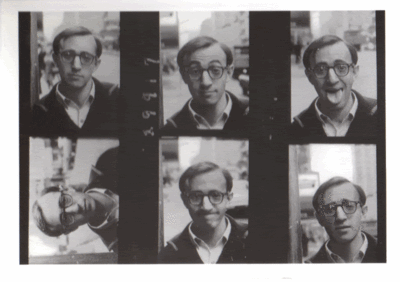Over at Esquire, our pal Scott Raab interviews Sarah Silverman:
SR: Out of all the different performing arts, stand-up to me is by far the most fascinating — the idea of one human being standing up and the audience saying, “Okay, kill me.” And you have lived that life for years.
SS: I can’t believe how much time has passed. The first time I did stand-up I was 17, and I was really a stand-up once I was 19 in New York, and now I’m 41, and I still feel like I haven’t found myself onstage. Earlier in my career, I was really tight, really together, and knew who I was and I was confident. I kind of feel in between now.
SR: Is that because you’re taking on other jobs and not doing as much stand-up?
SS: I’m doing a lot of stand-up, but not like when you’re living in New York and you can do three sets a night and it’s your life, and you sleep all day and you wake up and you eat with a bunch of other comics and then get ready for the night. I’m doing it a couple times a week at least, but I’m still just finding myself, you know? I don’t think I’ll ever feel done. I’ve realized that being beholden to some sort of character you found success in just makes you a caricature of yourself. I feel bad naming names because it’s not their fault, but there are great, famous ’80s comedians — Dice comes to mind — who found wild success and now still go on the road, and they want to kill and they want to give the audience what they want because that’s inherently a comedian’s desire. So he puts on the jacket, you know? To not grow and change and be so different from 20 years ago, to still be in that place because you’re afraid? It gives the audience what they want, what they’re expecting, but it’s not current. I wish those comics would take the chance to be who they are now onstage. You have to be willing to disappoint the audience for a while.





